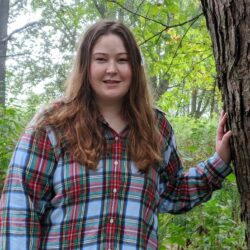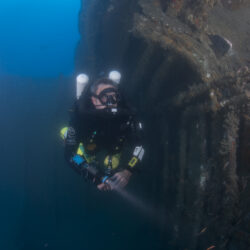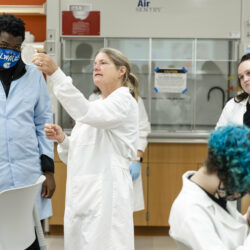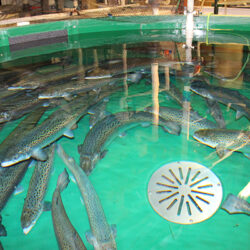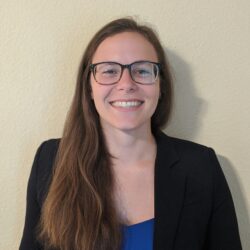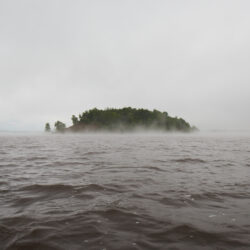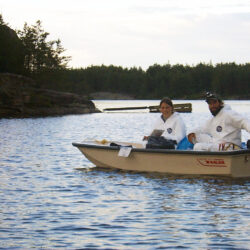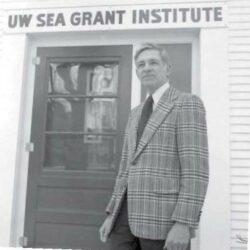Sarah Brown looks forward to coordinating CHAOS
Ever since she was a child, Sarah Brown has been interested in what makes people tick. She pursued that interest and intends to make good use of it in her new role as a J. Philip Keillor Wisconsin Coastal Management-Sea Grant Fellow for Lake Superior.



